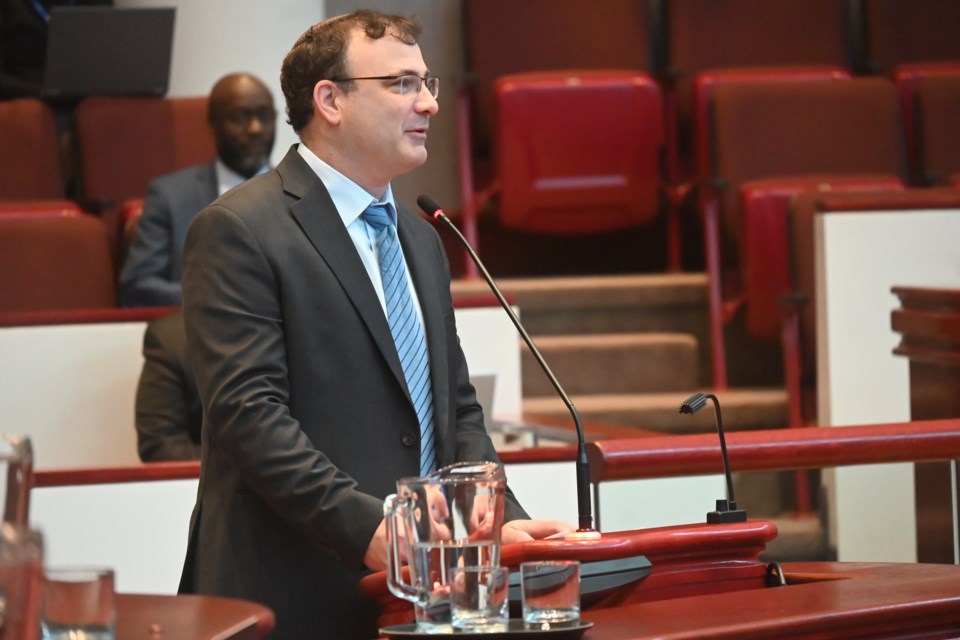COVID-19 and seasonal viruses are hitting hospital emergency departments hard in York Region, according to the medical officer of health.
Dr. Barry Pakes told regional council today that the holiday season spike in COVID-19, influenza and RSV dealt a blow to hospitals across the region, with COVID-19 spreading at a higher rate than it has in two years.
He also highlighted how hospitals in the past couple of years have faced challenges, with one local to York Region getting 60 per cent more emergency department visits than a typical year.
“Emergency departments in York Region and across the GTA are really overcapacity in every way," Pakes said. "They're not designed to get that many patients, and they’re doing an incredible job ... It is quite a challenge.”
COVID-19 levels spiked over the holiday season to levels not seen since early 2022. Pakes said recent hospitalizations resulted in 75 deaths in the region, blunted by public health at least achieving a recent vaccination rate of more than 50 per cent among the age 70 and older population.
“Certainly, it would have been nice if we had done better,” he said. “Tragically, 75 deaths, but not significantly more than that.”
Other illnesses are also circulating. Pakes noted that Invasive Group A Strep appears to have resurfaced with 222 cases in Ontario in December 2023. The disease has resulted in 11 deaths in York Region, he said.
The result is hospitals facing a higher burden. But Pakes said other factors have also caused more traffic into emergency rooms, including more people coming to live in the region, and an aging population.
“Some of this congestion is because there are simply more people, sicker people, older people as well,” Pakes said, adding that there is also a crisis in primary care in terms of family doctors. “Almost a quarter of residents in Ontario, somewhat less in York Region, not having a family doctor … that’s contributing significantly.”
There is also an immunity deficit appearing post-pandemic, Pakes said.
“As an emergency doctor myself, I’ve certainly seen that people are just coming in sicker.”
Regardless, Pakes said that these are systemic challenges and though public health has a role to play, addressing these challenges is largely outside public health's purview.
Pakes added there is cause for hope with COVID-19, influenza and RSV cases having likely peaked and starting to decline for now.
Public health is also working toward immunization in other areas. Pakes noted that the unit has started enforcing the Immunization of School Pupils Act for the first time in four years in Catholic and French board schools and will be doing so in public schools shortly. This will require parents to send in vaccination information, confirming students have received childhood vaccinations.
There is also a new public health plan released last year to address the opioid crisis, which caused 63 deaths in York Region in 2022, Pakes said.



